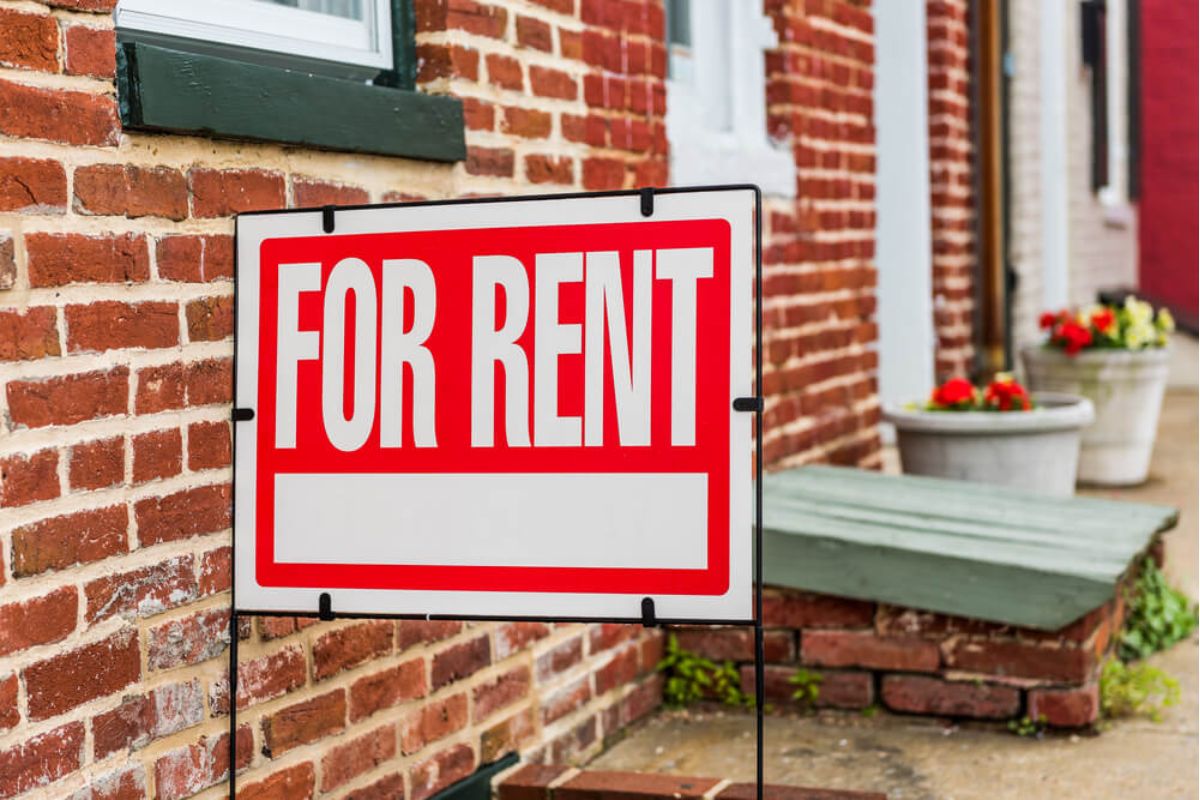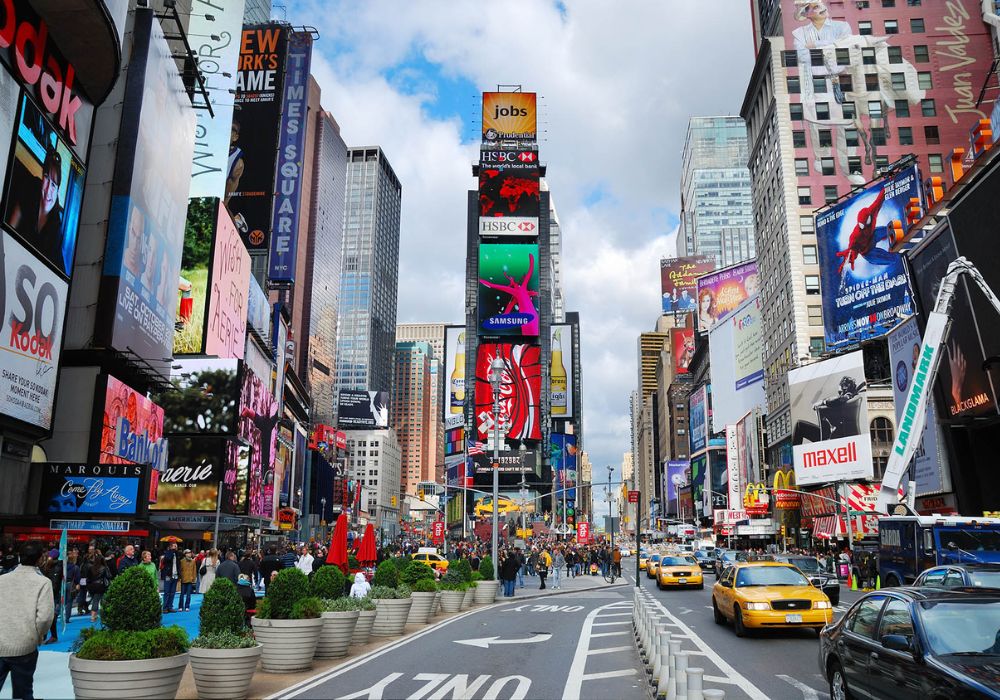New York City and Chicago are two of the largest and most influential cities in the United States. Both offer urban living with world-class culture, entertainment, employment opportunities and amenities. However, they differ greatly in terms of cost of living, climate, transportation, crime rates and overall pace of life.
In this article, we will compare New York and Chicago to determine which city may be a better option for potential residents.
Cost of Living
The cost of living in New York City is significantly higher than in Chicago. According to statistics, the cost of living in New York is 87% more expensive than in Chicago. Rent and real estate are particularly impactful - the average home sale price in New York is $861,000 compared to just $368,000 in Chicago.
Utility costs are also 25% higher in New York, while groceries and transportation tend to be more affordable in Chicago. For those on a budget, Chicago will allow savings that are difficult to find in expensive New York City.
Related: Top 8 Cheapest Places To Live In New York 2023

Weather
Both New York and Chicago experience cold winters and mild summers, but Chicago tends to see colder temperatures in the winter months. On average, Chicago receives 35 inches of snowfall per year compared to just 25 inches in New York City.
However, New York's proximity to the Atlantic Ocean gives it a more moderate, humid climate compared to Chicago's inland, continental weather patterns. Overall, while neither city is known for ideal weather, New York may have a slight edge with less extreme winter conditions.
Public Transportation
New York City is renowned for its expansive 24-hour subway system and network of local buses. With train lines running on a reliable grid throughout the day and night, it's easy to navigate New York without a car.
While Chicago also has an excellent public transit system in its 'L' trains, some lines only run at certain hours and the overall system is more spread out across the city.
For transportation access and reliability, New York offers a clear advantage.
Job Opportunities
Both New York and Chicago boast large, diverse job markets but New York provides significantly more opportunities given its immense size. Major industries like finance, media, technology, fashion and more call New York City home. The number of private sector jobs in New York has also increased faster than in Chicago recently.
Additionally, average salaries in New York are 12% higher despite the difference in cost of living. Overall, New York opens more doors for career growth and professional networking.
Cuisine and Lifestyle
The culinary scenes in both cities are world renowned, though New York may have a greater diversity of options with over 70 Michelin-starred restaurants. Chicago is known for contributions like deep-dish pizza and access to fresh Midwest ingredients. In terms of lifestyle, New York offers unparalleled energy and variety of activities but moves at a breakneck pace.
Alternatively, Chicago residents enjoy a more laidback Midwest atmosphere and better work-life balance. Personal preference will dictate which environment is a better cultural fit.
Crime Rates
Statistically, New York City has significantly lower crime rates than Chicago according to population-adjusted metrics. In 2022, Chicago reported over 800 homicides while New York saw much less violent crime. Even with some increases post-pandemic, New York remains one of the safest large cities in America. Safety is an important factor for many residents - New York appears to have an advantage in this category.
City Culture
New York's culture is famous for its fast pace, dizzying array of activities, wealth of cultural institutions, and diversity of resident backgrounds. It truly is the city that never sleeps. While Chicago also has influential art and music scenes, it maintains a slower midwestern lifestyle.
Most residents prefer New York's unbridled energy, though some may find the pace too hectic. Culture seekers often gravitate towards Gotham's unmatched dynamism.
Commute Times
On average, commutes are shorter in Chicago than New York, though public transportation makes New York commutes relatively efficient. About 35% of Chicago commuters travel over 30 minutes each way as the city extends further outward compared to Manhattan's concentric zones.
Getting around incur more time on average in New York versus parts of Chicago that are more automobile-dependent with less traffic congestion. However, New York's comprehensive transit network helps offset longer travel times.
Quality of Life Index
Numbeo's quality of life index stacks up New York versus Chicago across health, climate, housing, commute, and safety metrics. Based on these comprehensive factors, Chicago receives a slightly higher quality of life score of 156.56 compared to New York's 138.09. This difference is primarily driven by Chicago's lower housing costs relative to average salaries.
However, personal priorities may value other attributes New York leads in like job opportunities, vibrancy and cultural amenities.
Conclusion
Both New York City and Chicago are world-class centers that each offer unique advantages. But considering statistics across housing costs, job markets, safety, transit access and culture/energy indicators, New York appears to emerge as the better overall option for most residents.
While Chicago has attractive qualities like a more relaxed pace and quality of life analytics, New York leads in areas that are priorities for career-driven individuals and those seeking the highest concentration of global cultural experiences. Personal preferences will always dictate the best city, though New York has proven its dominance according to objective comparisons.





